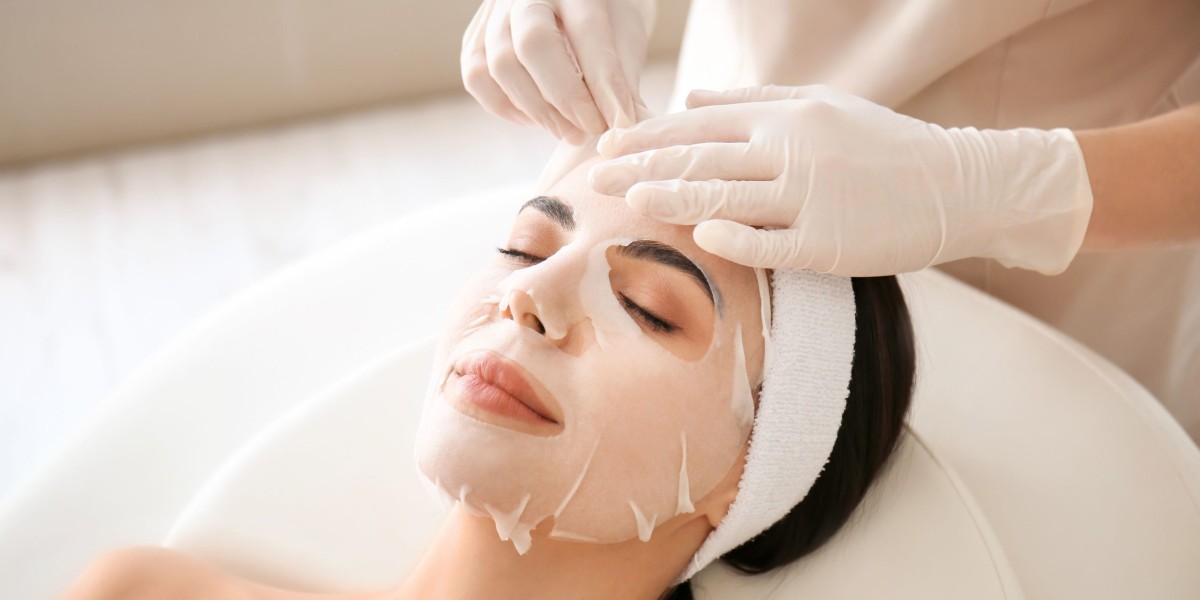Having clear, healthy skin is more than just an aesthetic goal—it reflects your overall wellness. Acne, one of the most common skin concerns worldwide, affects people of all ages, genders, and backgrounds. From hormonal fluctuations to diet and skincare habits, numerous factors can contribute to breakouts. While many seek immediate solutions, long-term skin health requires a combination of science, consistency, and self-care.
In this article, we’ll explore effective ways to achieve clearer skin, debunk common acne myths, and provide holistic strategies for maintaining a glowing complexion.
Understanding Acne: Causes and Types
Before jumping into treatments or lifestyle changes, it’s essential to understand what acne actually is. Acne occurs when hair follicles become clogged with oil (sebum) and dead skin cells. This creates an ideal environment for bacteria to thrive, leading to inflammation, pimples, blackheads, and cystic breakouts.
Common causes of acne include:
Hormonal fluctuations: Especially during puberty, menstruation, pregnancy, or menopause.
Excess oil production: Some skin types naturally produce more sebum.
Diet: High-glycemic foods, dairy, and sugar have been linked to increased breakouts in some people.
Stress: Stress triggers cortisol, which may increase oil production.
Poor skincare habits: Using harsh products or not properly cleansing the skin.
There are several types of acne, including:
Whiteheads: Closed pores clogged with sebum and dead skin.
Blackheads: Open pores filled with oxidized sebum and debris.
Papules and pustules: Inflamed red bumps, often with a white center.
Nodules and cysts: Deep, painful breakouts that can lead to scarring.
Daily Skincare Routine for Acne-Prone Skin
A consistent skincare routine can make a significant difference in preventing and managing acne. Here’s a gentle yet effective daily regimen:
Morning Routine:
Cleanser: Use a mild, non-comedogenic cleanser to remove overnight oil and impurities.
Toner (optional): Choose an alcohol-free toner to balance pH and tighten pores.
Treatment Serum: If using active ingredients like niacinamide or salicylic acid, apply now.
Moisturizer: Even oily skin needs hydration. Choose a lightweight, oil-free moisturizer.
Sunscreen: Daily SPF protects against UV damage and prevents post-acne pigmentation.
Evening Routine:
Cleanser: Double cleanse if wearing makeup or sunscreen.
Exfoliation (2-3 times a week): Use a gentle chemical exfoliant like AHAs or BHAs.
Treatment: Apply topical treatments such as retinoids or benzoyl peroxide, if prescribed.
Moisturizer: Hydrate skin to support overnight healing.
Consistency is key. Stick to a routine for at least 6-8 weeks before evaluating results.
Lifestyle Habits That Promote Clear Skin
1. Hydrate Well
Drink at least 8 glasses of water daily to flush out toxins and support healthy skin.
2. Eat Skin-Friendly Foods
Incorporate omega-3 rich foods (like salmon, walnuts, and flaxseed), antioxidant-packed fruits and vegetables, and reduce processed sugars and dairy if you notice breakouts after consuming them.
3. Manage Stress
Practice relaxation techniques such as yoga, meditation, deep breathing, or journaling. Chronic stress can worsen acne by disrupting hormonal balance.
4. Get Adequate Sleep
Your skin regenerates overnight. Aim for 7–9 hours of quality sleep per night to promote healing and reduce inflammation.
5. Avoid Touching Your Face
Our hands carry bacteria. Constantly touching your face can transfer dirt and oils that clog pores.
The Role of Acne Spot Treatment
Sometimes, breakouts happen even when you’re doing everything right. That’s where targeted solutions come in. An acne spot treatment is designed to address active blemishes quickly by delivering concentrated ingredients directly to the problem area. These treatments often contain salicylic acid, sulfur, tea tree oil, or benzoyl peroxide to reduce inflammation, dry out the blemish, and speed up healing.
While spot treatments are great for emergency use, they shouldn't replace a holistic skincare approach. Always check the ingredient list and patch test new products to avoid irritation.
Common Acne Myths Debunked
Myth 1: Only teenagers get acne.
Acne can affect adults well into their 30s, 40s, and beyond. Hormonal changes, stress, and certain medications can trigger adult acne.
Myth 2: Popping pimples helps them heal faster.
Popping pimples can lead to scarring and further infection. It’s best to let blemishes heal naturally or use a proper treatment.
Myth 3: You need strong products to clear acne.
Overusing harsh products can irritate the skin and worsen breakouts. Gentle, consistent care is often more effective.
Myth 4: Makeup causes acne.
Not all makeup causes breakouts. Look for non-comedogenic and oil-free formulas, and always remove makeup before bed.
Natural Remedies That May Help
For those who prefer a natural approach, some home remedies have anecdotal support:
Aloe vera: Soothes inflammation and hydrates the skin.
Honey: Has antibacterial properties that can aid healing.
Green tea extract: Topical application can help reduce sebum and inflammation.
Apple cider vinegar (diluted): May help balance pH and reduce bacteria.
Always proceed with caution and consult a dermatologist before trying natural remedies, especially on sensitive or broken skin.
When to See a Dermatologist
If over-the-counter products and lifestyle changes don’t improve your acne within a few months, it may be time to consult a dermatologist. Severe, persistent, or cystic acne often requires prescription medication such as:
Topical retinoids
Oral antibiotics
Hormonal treatments (like birth control)
Isotretinoin (Accutane)
Early intervention can prevent scarring and long-term skin damage.
Final Thoughts
Achieving clear skin is a journey, not a destination. It involves understanding your unique skin type, being mindful of your habits, and treating your skin with care and patience. While there’s no one-size-fits-all solution, combining smart skincare, a balanced lifestyle, and evidence-based treatments can lead to noticeable improvements.
Remember, acne is a common condition and nothing to be ashamed of. With the right information and support, you can take control of your skin health and feel confident in your own skin.








